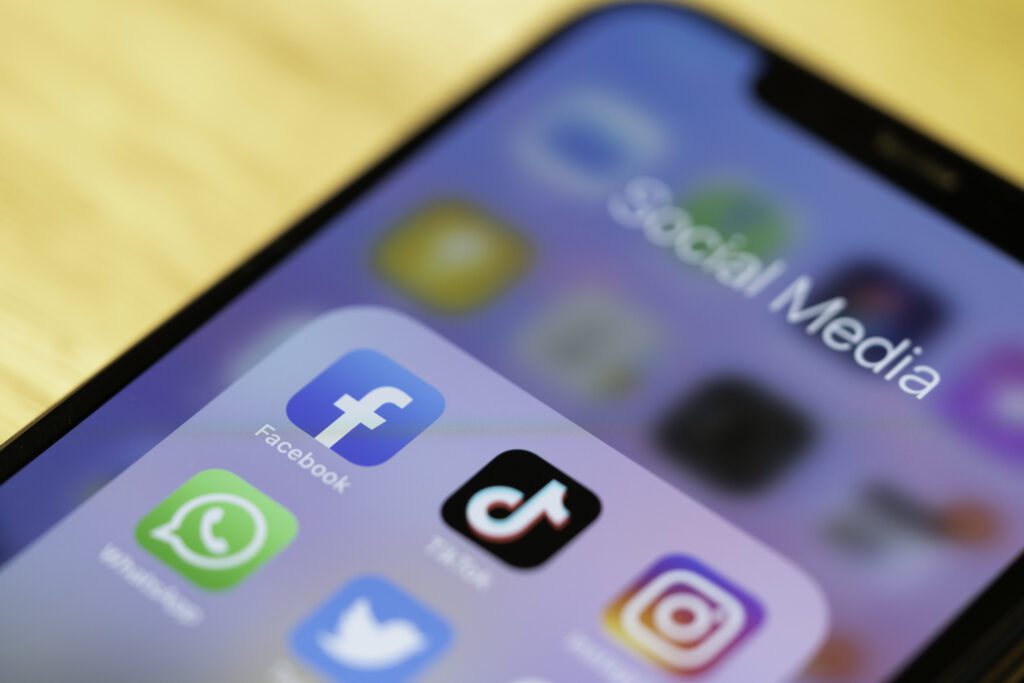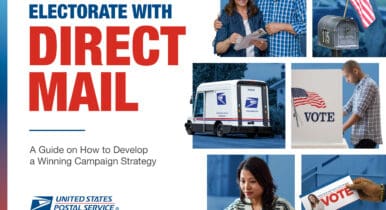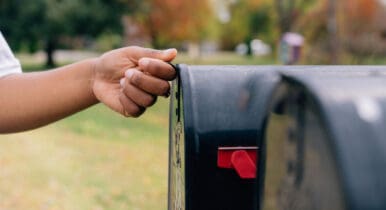Designing Creative That Can Capture Short Attention Spans

Greg Buisson, CEO & founder of Louisiana-based Buisson Creative, didn’t take a linear path to owning his own media firm. In fact, even when he got around to launching his own shop in 1999, he declared he wouldn’t work for political candidates. But the calls kept coming from those who remembered his press work for the late Louisiana Lt. Gov. James “Jimmy” E. Fitzmorris, Jr., and Govs. Edwin Edwards and Dave Treen.
He now does media, campaign management and government affairs work for some 70 elected officials in the state. His fact-based creative style stems from the early days of his news career — first as a reporter for the New Orleans Times-Picayune and later as the general manager of WVUE-TV, now the New Orleans’ Fox affiliate.
C&E: Tell us about your approach to creative.
Buisson: I come at everything from the idea that to the average viewer or voter, politics and political messaging is fairly boring and is something that requires them to tune out immediately — unless they’re incredibly engaged and if they’re incredibly engaged, those voters already have a very strong opinion of where they’re going to go. So for those voters who we have the ability to influence with messaging in some kind of way, we really approach it more from a storytelling fashion in everything we do, including in print, which is a lot harder because it’s not as emotional as we can be in either digital or broadcast.
C&E: You work with clients on both sides of the aisle, is there creative that’s effectively reaching both Democrats and Republicans these days?
Buisson: I think strong storytelling backed up by good facts works for everybody. The real issue is, and this started happening more back when I was in broadcasting, is when the FCC made the decision to allow networks to be opinion based and you saw the birth of Fox News and you saw the transitioning of CNN to more of an opinion-based [outlet], people started to really watch that platform and that messaging and they became well versed in that messaging.
C&E: What’s your advice on how to handle a candidate’s notes?
Buisson: Start by listening to them and really hearing from them about why they are seeking the position they’re seeking. What they would like to do, where they would like to go. We’ve had interviews go four hours — literally starting on where they were born.
We don’t try to ever change a candidate. I think when you try to change a candidate it doesn’t come across authentic to the voter. They’re savvy enough to recognize the differences of the candidate before and the candidate that’s now running. So we try to find their best attributes and push those as much as we can and design the campaign for the kind of personality they have. And if you disagree, disagree without being so disagreeable that it drives a wedge between you [and the candidate]. Most candidates are in it for the right reason. They want to do the right thing.
C&E: What else has changed in political creative over the years?
Buisson: People’s attention spans are just so much less. We design our direct mail with a very simple design process: On the cover of the piece we want to tell the story in seven seconds or less. That doesn’t mean that on the inside of the piece, we won’t go into something that’s a little bit more voluminous. But our goal is really to be able to have something that’s influential in that immediate seven-second read.
The other big issue is placement these days. Placement is obviously so much more splintered. Every time the industry changes a little bit, your political candidates start asking you about a certain medium and is it worth it and should they try to use it? If you have the budget you can do everything, there’s no way to go wrong. But when you have a limited budget, and you actually start to process that and [determine] where do we get our most bang for our buck, that’s becoming a lot more difficult because candidates have their own opinion about things and they’re not necessarily right about what they believe sometimes on where things should go.
We had a candidate ask us the other day about whether we really needed to use TikTok or not in our campaign. Not in Louisiana we don’t. At this point, that’s not going to be one of our platforms.


